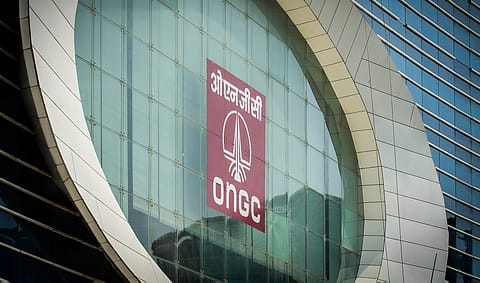India’s first offshore decommissioning project completed: Shell, Reliance, ONGC set industry benchmark with Tapti exit
In a historic first, India, led by Shell, Reliance Industries, and ONGC, has successfully completed the decommissioning of its offshore Tapti gas fields, setting the stage for responsible energy transitions in the country.

In a big moment for India’s energy sector, the country has completed its first-ever offshore decommissioning project, marking the safe and successful dismantling of oil and gas infrastructure from the Tapti gas fields. The initiative was jointly executed by Shell (via BGEPIL), Reliance Industries (RIL), and ONGC under the Panna-Mukta-Tapti (PMT) joint venture, with support from the Government of India.
The project involved the removal of five wellhead platforms, plugging and abandonment of 38 wells, and the dismantling of infield pipelines—an operation requiring high-precision engineering and strict compliance with environmental and safety protocols. Production from the Tapti fields had ceased in March 2016, and this decommissioning effort closes a significant chapter in India’s offshore energy story.
With decommissioning becoming a global priority as fields mature, the Tapti project sets a new standard for offshore wind-down operations in India. Developed in consultation with the Ministry of Petroleum and Natural Gas, Directorate General of Hydrocarbons (DGH), and Oil Industry Safety Directorate (OISD), the project also helped shape India’s emerging regulatory framework for offshore decommissioning.
What sets this project apart is not just its scale but its alignment with the government’s ‘Make in India’ mission. Key contracts were awarded to Indian firms—Larsen & Toubro handled offshore operations, while Chowgule Shipyard is overseeing onshore dismantling at its Ratnagiri facility. These collaborations have helped strengthen India’s domestic energy infrastructure and technical capabilities.
“This project sets a new benchmark for responsible decommissioning,” said Nipun Pradhan, Managing Director of BGEPIL and Shell Upstream India. “It reflects our global expertise and commitment to safety and sustainability.”
Sanjay Barman Roy, president, E&P at Reliance Industries, emphasised the JV’s focus on building Indian capacity. “This project has successfully delivered on the Indian government’s ambition of ‘Make and Break in India’.”
For Pankaj Kumar, director (production) at ONGC, the project’s complexity was a challenge worth mastering. “The project’s complexity, especially its proximity to ONGC’s live assets, demanded strategic planning, precise execution, and utmost focus on safety.”
Recommended Stories
Globally, offshore decommissioning is a high-stakes, high-cost endeavour. The successful execution of the Tapti project signals India’s readiness to handle complex energy transitions at scale, blending global best practices with local execution capabilities.
